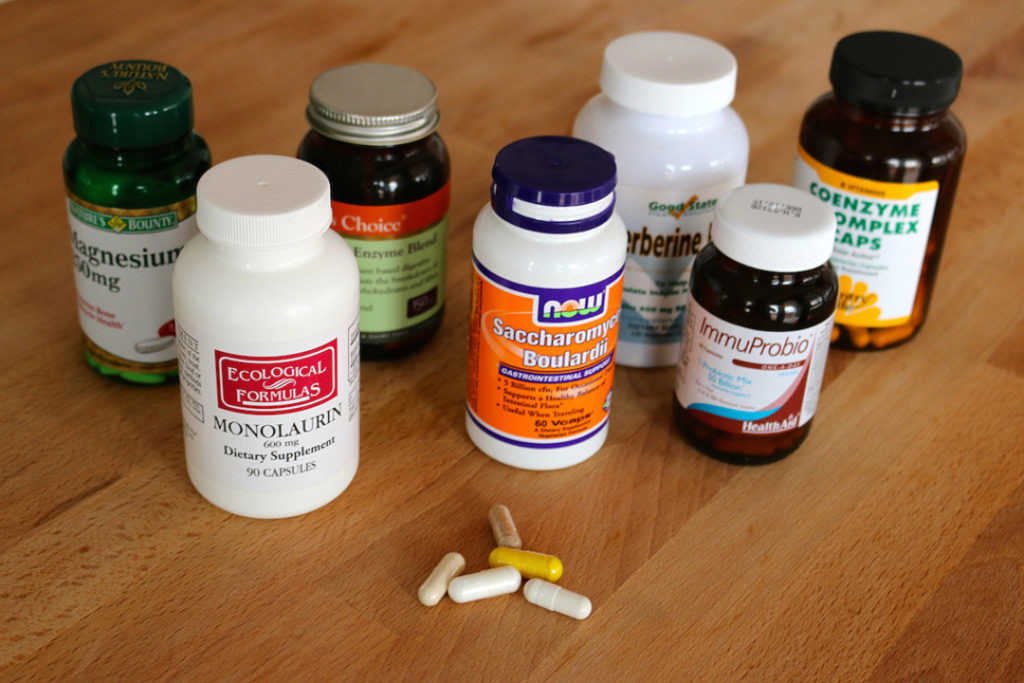
Contents

What are probiotics?
Probiotics are microorganisms that are believed to provide health benefits when consumed. Probiotics are live microorganism which is often called good or friendly bacteria. Lactobacillus and Bifidobacterium species are most common examples for probiotic. Prebiotics are different from probiotics though they are interrelated. Prebiotics are non-digestible food ingredients that beneficially affect the host by selectively stimulating the growth of one or a limited number of bacterial species in the colon, such as Bifidobacteria and Lactobacilli, which have the potential to improve host health. In simple words, prebiotics act as food for probiotics. When probiotics and prebiotics are combined, they form a symbiotic (nutritional supplements combining probiotics and prebiotics in a form of synergism, hence synbiotics). Prebiotics are found in whole grains, bananas, onions, garlic, honey etc.Where do we get these probiotics from?
Probiotics are naturally found in our body. You can also find them in some foods and supplements. Foods like curd, cheese, pickles, bread etc. If you are planning to take supplements, talk to your doctor first to make sure they’re OK for you.Benefits of probiotics
Probiotics help move food through your gut. They treat some conditions like irritable bowel syndrome, diarrhea, inflammatory bowel disease etc. When you lose “good” bacteria in your body (like after you take antibiotics, for example), probiotics can help replace them. They also help in reducing the harmful bacteria in the intestine. Prebiotics also inhibit the growth of lesions, such as adenomas and carcinomas in the intestine, thus reduce the colorectal diseases.How safe probiotics are?
In general, probiotic foods and supplements are thought to be safe for most people, though some people with immune system problems or other serious health conditions shouldn’t take them. Talk to your doctor first to make sure they’re OK for you. In some cases, mild side effects might include upset stomach, diarrhea, gas, and bloating for the first couple of days after you start them. They may also trigger allergic reactions. Stop taking them and talk to your doctor if you have problems.| Probiotics | ||
| Certain species and strains of Lactobacilli, Bifidobacteria, Yeast | Certain yogurts, other cultured dairy products, and non-dairy applications | May improve gastrointestinal health and systemic immunity |
| Prebiotics | ||
| Inulin, Fructo-oligosaccharides (FOS), Polydextrose, Arabinogalactan, Polyols—lactulose, lactitol | Whole grains, onions, bananas, garlic, honey, leeks, artichokes, fortified foods and beverages, dietary supplements and other food applications | May improve gastrointestinal health; may improve calcium absorption |
| Chart adapted from International Food Information Council Foundation: Media Guide on Food Safety and Nutrition: 2004-2006. *Examples are not an all-inclusive list | ||